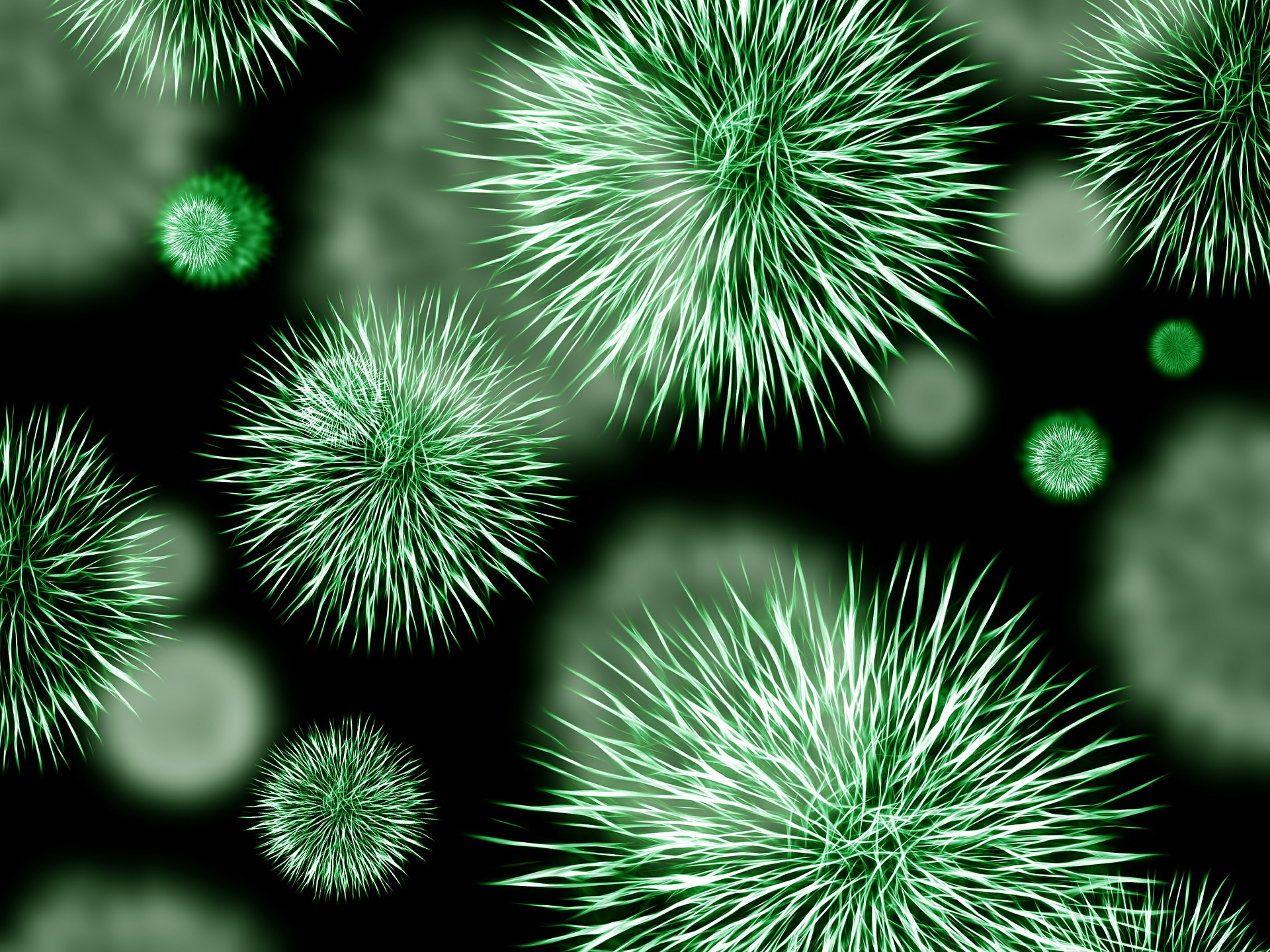
403
Sorry!!
Error! We're sorry, but the page you were looking for doesn't exist.
Looming Threat of Zombie Viruses as Arctic Permafrost Melts
(MENAFN) Climate change is causing serious consequences, and one of them is the melting of the Arctic permafrost. Research has found that as the permafrost melts, "zombie viruses" that have been frozen for thousands of years could make a comeback. These viruses, some as old as 48,500 years, have the potential to cause a public health threat, according to Emeritus Professor Jean-Michel Claverie and his team. They were able to revive a frozen virus and other strains, including a 27,000-year-old sample taken from the stomach of a woolly mammoth.
The Arctic is warming twice as fast as other parts of the world, and the rapid permafrost thaw is causing the mobilization of ancient organic matter that has been preserved for millennia in deep layers of permafrost. Kimberley Miner, a climate scientist at the Nasa Jet Propulsion Laboratory, has emphasized the importance of keeping the permafrost from thawing. She cautioned that while the risk of these viruses being unleashed is low, there is still a lot of concern regarding the permafrost's other negative impacts.
Permafrost is a critical component of the Northern Hemisphere, making up 25% of it. It consists of frozen soil that is cold, devoid of oxygen, and contains antibiotic-resistant microorganisms. Being underground means that light cannot penetrate it, and as a result, it has been able to preserve ancient viruses and bacteria. Mr Claverie's report also highlights that the deeper thawing of the permafrost active layer at the soil surface during exceptionally hot summers has been linked to an anthrax epidemic that has been killing reindeer.
It is alarming to note that unlike with bacteria, there is no "broad-spectrum" solution to viruses. With the threat of climate change, the melting of the Arctic permafrost poses an increased risk of releasing ancient viruses and bacteria that could potentially cause public health threats. It is critical to take precautionary measures to prevent the permafrost from thawing and to address the issue of climate change.
The Arctic is warming twice as fast as other parts of the world, and the rapid permafrost thaw is causing the mobilization of ancient organic matter that has been preserved for millennia in deep layers of permafrost. Kimberley Miner, a climate scientist at the Nasa Jet Propulsion Laboratory, has emphasized the importance of keeping the permafrost from thawing. She cautioned that while the risk of these viruses being unleashed is low, there is still a lot of concern regarding the permafrost's other negative impacts.
Permafrost is a critical component of the Northern Hemisphere, making up 25% of it. It consists of frozen soil that is cold, devoid of oxygen, and contains antibiotic-resistant microorganisms. Being underground means that light cannot penetrate it, and as a result, it has been able to preserve ancient viruses and bacteria. Mr Claverie's report also highlights that the deeper thawing of the permafrost active layer at the soil surface during exceptionally hot summers has been linked to an anthrax epidemic that has been killing reindeer.
It is alarming to note that unlike with bacteria, there is no "broad-spectrum" solution to viruses. With the threat of climate change, the melting of the Arctic permafrost poses an increased risk of releasing ancient viruses and bacteria that could potentially cause public health threats. It is critical to take precautionary measures to prevent the permafrost from thawing and to address the issue of climate change.

Legal Disclaimer:
MENAFN provides the
information “as is” without warranty of any kind. We do not accept
any responsibility or liability for the accuracy, content, images,
videos, licenses, completeness, legality, or reliability of the information
contained in this article. If you have any complaints or copyright
issues related to this article, kindly contact the provider above.

















Comments
No comment